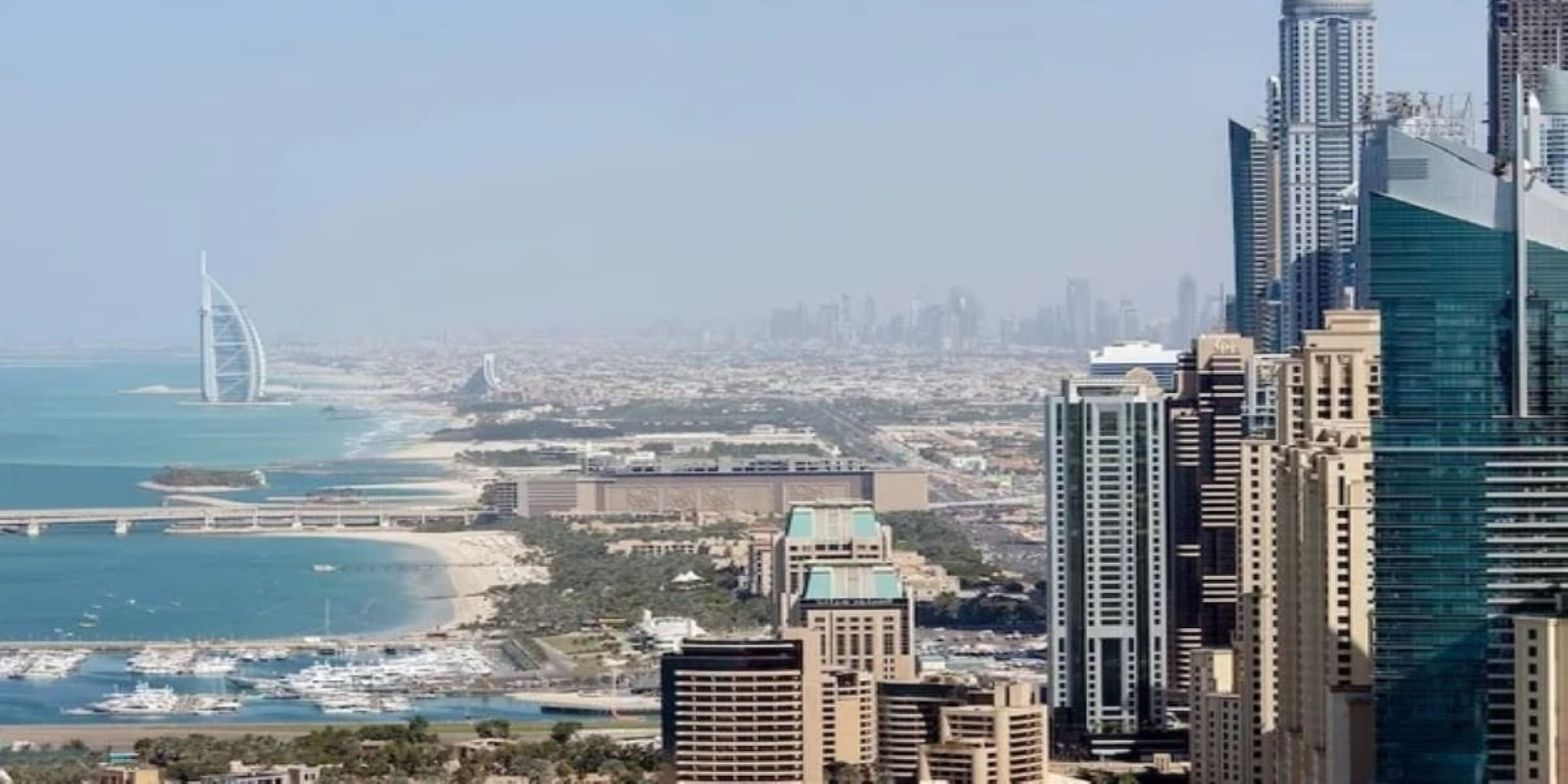This Article was first published in AGBI
Real estate as an asset class has done very well in the last few years, especially the residential segment. Most real estate markets around the world experienced a rise in property prices and this provided good real yield thanks to moderate inflation.
However, if there is one theme that has dominated headlines so far in 2022 it is inflation.
With red hot numbers for the US and Europe, central banks including the Federal Reserve have been busy ratcheting up interest rates to try to tame inflation.
Most of the GCC countries, including the UAE, generally follow the Fed as their currencies are pegged to the dollar, so it is no coincidence that they will be importing some of this inflation.
But while the outlook for inflation in 2022 is negative across the board with very few property markets in a position to offer positive real yields (after adjusting for expected inflation), the UAE real estate market is proving to be an exception for investors.
Residential property prices in the UAE experienced strong acceleration in 2022. In Dubai, the growth in house prices this year is expected to be about five to seven percent, rising to 12-15 percent in the prime segment.
Sales prices increased by 11 percent year-on-year in Dubai and five percent in Abu Dhabi in the first quarter of 2022.
Rents have also climbed by 11 percent year-on-year in Dubai and by three percent in Abu Dhabi.
Rising development costs could also limit newer construction and boost capital appreciation in existing units, while rents tend to rise during periods of inflation.
rnrn
Source:rnBank of International Settlements, IMF
rnrnCAGR:rnCompounded Annual Growth Rate
Inflation stood at 2.5 percent year-on-year in December 2021 with transportation, food and beverages, recreation and culture being key segments experiencing inflationary pressures. This year, inflation is estimated to average 3.7 percent.
However, the rate of inflation in the UAE is around one third of that in the US and Europe. Interest rate hikes by the Fed and a strong dollar are expected to keep imported inflation in the UAE in check.
The UAE has also introduced a mechanism to keep prices of certain basic commodities under control. While the Central Bank of the UAE has raised interest rates by 150 basis points so far this year in tandem with the Federal Reserve, there have been instances in the past of hike cycles when it has not moved in step.
Real estate is generally considered a good hedge against inflation. Against this backdrop, and with strong foreign investor demand on the back of attractive visa programmes and Expo 2020 rendering additional support, UAE residential real estate has been performing well.
With mortgaged buyers forming a smaller part of overall purchasers, higher interest rates are unlikely to impact the segment significantly.
In terms of new developments, while there has reportedly been an increase in construction in the residential segment, global supply chain shortages and a rise in material costs seem to be slowing activity.
Further price increases and interest rate rises could dampen demand in terms of affordability, but currently the UAE real estate sector is continuing its positive performance amid moderate inflation and interest rates rises coming from a low base.
As other global property destinations face falling property prices coupled with high inflation the UAE is moving in the opposite direction, thereby making it a great inflation hedge.
rnrn
Stay Tuned To Marmore MENA Insights!
Never miss a patch or an update with Marmore's Newsletter. Subscribe now!
Related Article
The Dynamic Rise of Fintech in the GCC
The convergence of technology and finance is reshaping the GCC Financial Ecosystem. The blog explores key players, regulatory framework and market dynamics of Fintech in the GCC region.
Read MoreHow secure are GCC banks compared to their global counterparts?
The blog examines the impact of cyber attacks on financial institutions and the resiliency of GCC banks compared to their global counterparts
Read More2024 Kuwait Banking: Interest Rates and NIM Trend Analysis
The blog discusses how net interest margin of Kuwaits banks has moved across interest rate cycles, in light of awaited policy rate cuts.
Read MoreTags
No Tags!





